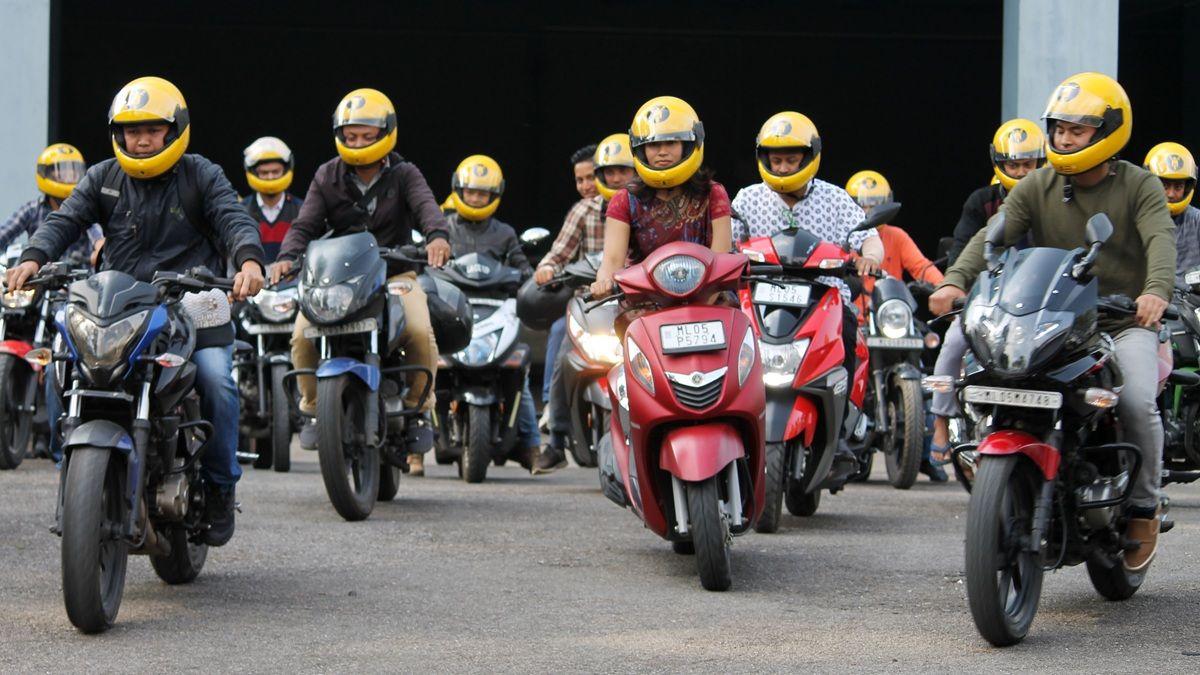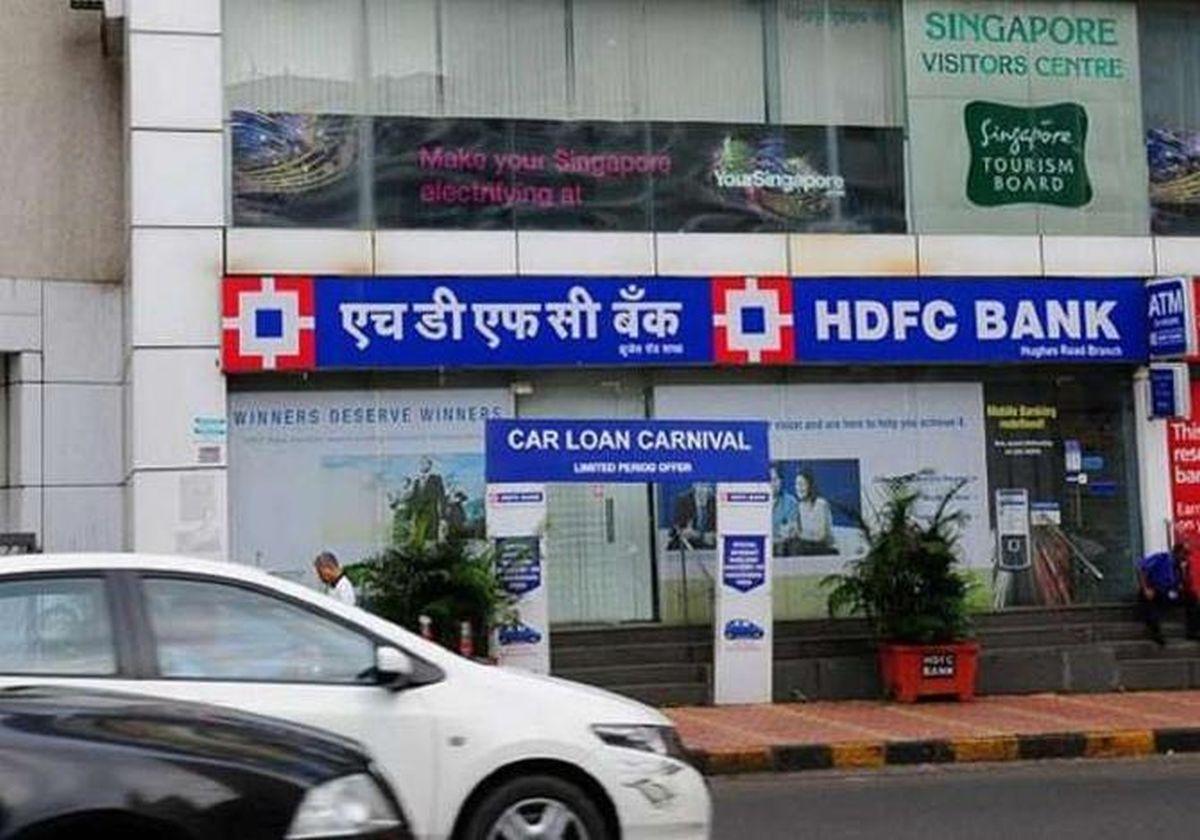While mobility aggregators such as Rapido and Uber have welcomed the decision, gig workers associations and unions remain concerned.

IMAGE: Kindly note that this image has been posted for representational purposes only. Photograph: ANI Photo
The ministry of road transport and highways, in a notification, allowed the use of non-transport motorcycles for passenger journeys. The change is part of the revised Motor Vehicle Aggregator Guidelines (MVAG) 2025. This is the first time the Centre has urged state governments to allow private motorcycles to operate as taxis.
The notification read: “The state government may allow aggregation of non-transport motorcycles for journey by passengers as shared mobility through aggregators, resulting in reduced traffic congestion and vehicular pollution, along with providing, inter alia, affordable passenger mobility, hyperlocal delivery, and creating livelihood opportunities.”
The Centre has given state governments three months to adopt the revised guidelines.
Mobility aggregators such as Rapido and Uber have welcomed the revised MVAG 2025. However, gig workers’ associations and unions remain concerned.
The Indian Federation of App-based Transport Workers (IFAT) and the Telangana Gig and Platform Workers Union (TGPWU) welcomed certain provisions but flagged concerns over the lack of uniform fare regulation, unchecked surge pricing, and gaps in enforcement.
Citing their concerns, IFAT and TGPWU said the guidelines allow fares to increase by up to 2X during high-demand periods, leading to exorbitant ride costs during emergencies, festivals, rains, or peak hours. They added that the current model benefits only the aggregators, with customers overpaying and drivers receiving inconsistent and unfair payments.
The unions demanded that state governments not implement the guidelines without involving the unions concerned in the monitoring and enforcement process.
“When fares increase by 2X or 3X, passengers blame drivers. But the truth is, both drivers and passengers are suffering while only app companies profit. We need fixed, fair fares across India, strong state enforcement, and an end to illegal operations like bike taxis without yellow plates. Only then can we ensure safety, dignity, and fairness for both customers and workers,” said Shaik Salauddin, national general secretary of IFAT and founding president of TGPWU.
The revised guidelines state that aggregators such as Ola, Uber, and Rapido can now charge up to twice the base fare during peak hours, up from the earlier cap of 1.5X.
During non-peak hours, the fare must be at least 50 per cent of the base rate. The base fare refers to the rate notified by the respective state government for the specific category or class of motor vehicles.
Under the new rules, drivers operating their own vehicles must receive at least 80 per cent of the applicable fare, including all costs. The aggregator may retain the remaining amount.
Drivers or customers may be charged a cancellation fee of 10 per cent of the fare — capped at ₹100 — if a ride is cancelled without reason.
Welcoming the move, a spokesperson for Rapido called the policy a milestone, saying it would create employment opportunities for riders while offering affordable transportation for customers.
“By recognising non-transport motorcycles as a means of shared mobility, the government has opened the door to more affordable transportation options for millions, especially in underserved and hyperlocal areas. We see this policy shift as a catalyst for creating hundreds of thousands of flexible livelihood opportunities for riders across urban and rural India,” the spokesperson said. Rapido initially launched as a bike-taxi platform.
A spokesperson for ride-hailing platform Uber said: “We welcome the guidelines as a forward-looking step toward fostering innovation and regulatory clarity in India’s digital mobility sector. Timely adoption by states will be key to ensuring uniform implementation and building much-needed predictability for all stakeholders. We commend the ministry for its consultative and balanced approach.”
Both Rapido and Uber said their platforms are committed to working with state governments to implement the guidelines, ensure responsible onboarding of riders, and comply with safety and insurance norms. The move also comes as a relief: in June, the Karnataka high court had issued a directive suspending bike-taxi operations from June 16, 2025.
For the safety of passengers and riders, aggregators must ensure that drivers have health and term insurance of at least ₹5 lakh and ₹10 lakh, respectively. Aggregators are also required to provide a minimum of ₹5 lakh as insurance coverage for passengers.
| Your ride, their rules |
|---|
|




